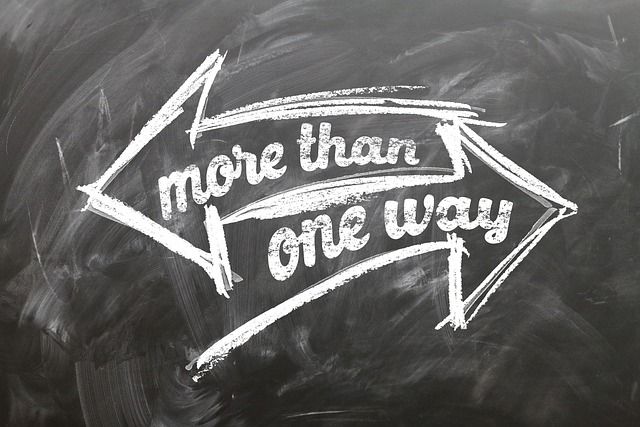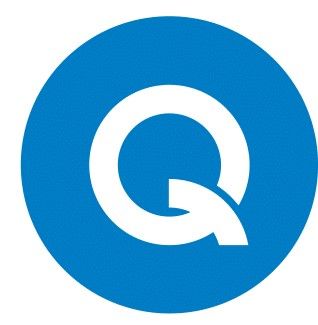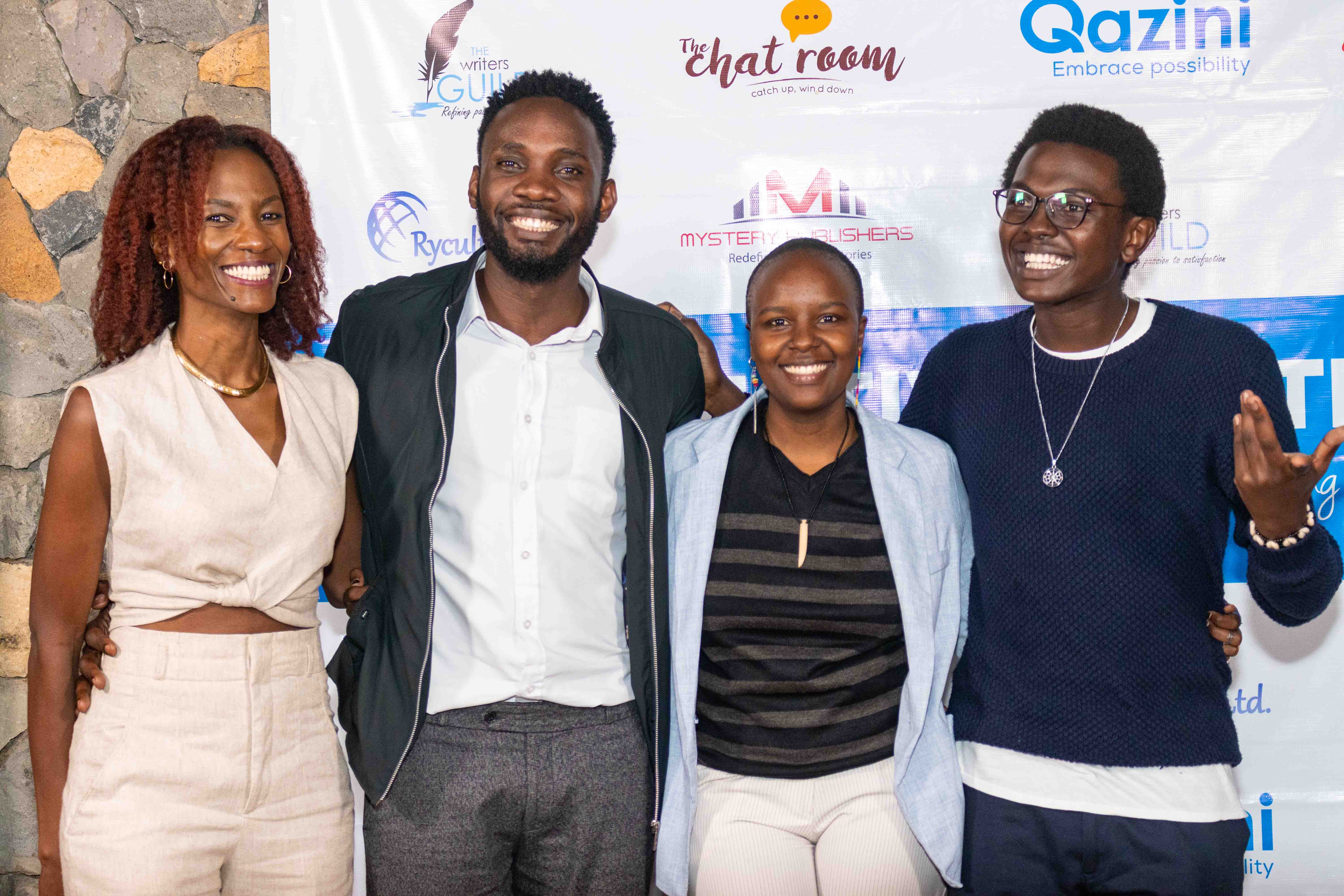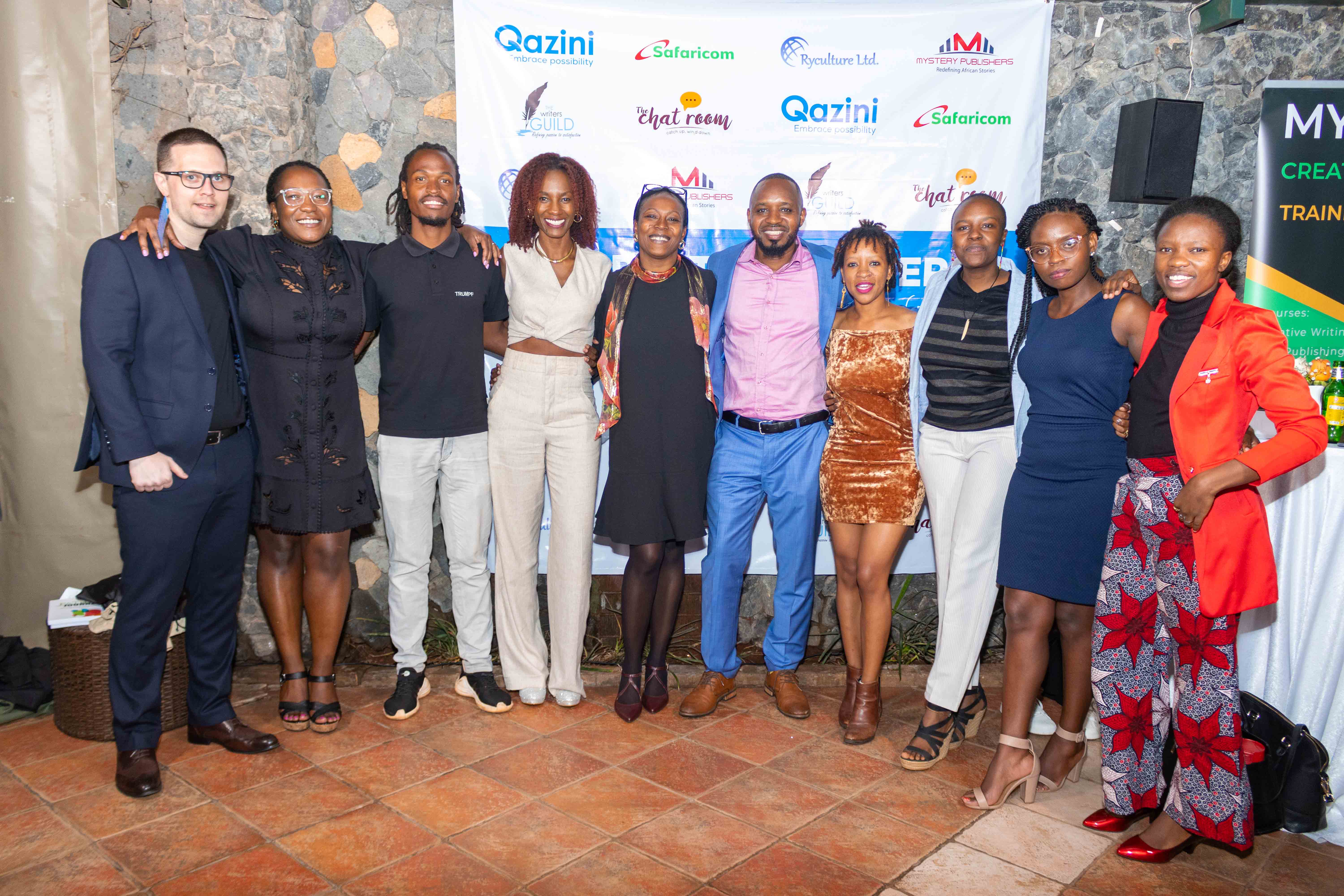
Written by Josephine Kaaniru
There are no easy answers
We like to coalesce with like-minded people and maintain the beliefs we hold dear, without obstruction. Today, social media algorithms favour this desire for ideological comfort zones, allowing us to avoid exposure to diverse perspectives, since we can talk to like-minded individuals and block out dissenters.
These conditions have created the feeling that all other people are wrong in their opinions while we are right. We have become a race that wants the easy answers – to stick only to our truths. Interestingly, it has become an act of valour to listen, learn, and dismiss opposing views only after a creditable examination of their argument, instead of simply disregarding them for being contrarian to our views.
There are no easy answers – we must interrogate, we must research, we must listen, and consider that we might not always be right until we have considered multiple options.
It is easy to ‘keep sweet, pray and obey’ – without questioning anything.
In 2020, I perused The Guardian as one does, and instead of finding the usual pleasure in reading, I left with a prolonged scar of hatred. I read a story about a man called Jordan Peterson, titled “How dangerous is Jordan B Peterson, the rightwing professor who 'hit a hornets’ nest'?" The writer, professor, and YouTuber was described in the article to have a heterogenous audience including Christian conservatives, atheist libertarians and neo-Nazis.
The article also stated that after a professor had shown Peterson's videos in a classroom, her boss reprimanded her and stated that she had basically been "neutrally playing a speech by Hitler". That same year, staff at Penguin Random House vehemently protested the publisher's decision to put out the author's new self-help book.
I had left Twitter at the time, so I had no idea who he was or the kind of controversy he seemed to attract. But after reading a few articles, I was left with a bitter taste for this dangerous individual and wondered why he existed. Note that I really had no idea who he was. However, that feeling you get when you hear "Hitler" or "Idi Amin"? I felt that. I felt a deep hatred that darkened what was supposed to be a bright Tuesday, turning it into an angry day. This man must be pure evil, I thought.
This habit of having my days blackened by news, videos, tweets and posts about people is what had chased me off Twitter. I considered disappearing and fulfilling my dream of living on a remote island, where all I read were hard-copy books under the glow of stars in the sky.
In this era of weakened conformism, we must criticise others and allow our ideas to be criticised.
The transformation of thought
At the beginning of 2021, I mentally made the declaration that I would love or hate people of my own volition, only after listening to them. Naturally, I began with Jordan Peterson. I tried reading one of his self-help books and it didn't catch on. I gave his video lectures a chance. I liked one, didn't care for another. With time, I realised that neither he nor his ideas were my cup of tea. However, none of these ideas gave me the "Hitler" feeling. He was just a guy I starkly disagreed with, who actually seemed to have a wealth of knowledge about a myriad of concepts.
In a past lifetime, I was stuck in a world of consensus. I felt angry at things the internet said I should be angry at; I listened to whom media algorithms decided I should listen to. It was harmful to my depth of thought for many reasons.
Consensus led me to stop considering multiple viewpoints because I so trusted the veracity of my opinions. I could not envision any blind spots in my way of thinking. Any form of dissent projected onto my opinions was a threat. I treated those who did not share my perspective with condescension, because how can they not see it the way I see it?
I was pompous and assumed everyone else was wrong. I rolled my eyes at those who could not see my opinion for the objective truth it was. In today’s world, there are few conversations because all that remains is eye-rolling from two sides, each ignoring the fact that the other side might be onto something. I faced myself in this state. I faced my interlocutors with this new mission. It didn’t always go well.
The result of the exploration
A Japanese proverb states that "the nail that sticks up gets hammered down". In the age of social media, when you hold an opinion so removed from the majority, you are castigated and pummeled down. You are often likely to be dismissed as a moron, a racist, a misogynist or a simpleton for not holding the hallowed majority opinion. Yes, there are morons, racists, misogynists and simpletons on the internet. But it is too easy to dismiss every dissenting voice as such without really listening to them, and sharing the basis of our opinions with them in genuine debate.
When I embarked on this mission to listen to multiple perspectives – to listen to the cancelled and the hated – my life changed tremendously. I think more independently since my thinking process is stimulated, allowing me to arrive at a final and well-thought-out opinion. I don't feel threatened by dissent. My mind feels open to ideas. Open to criticism. I now recognise that my way of thinking may not be right until it has been challenged and sharpened.
This freeing of the mind makes me feel like my brain is out on that dreamy island, breathing fresh air, and interacting with the natural elements while expanding its capacity. I have learnt more than I would ever have, had I not taken this courageous path to challenge the consensus.
***
Josephine Kaaniru is a student of life who mostly seeks truth from the written and spoken words of the greats. Reading and writing have always been a healing experience for her, making them her primary life pursuit.





